Smooth Moves: 12 Steps to a Successful Move

Even if you’ve got the keys to your new dream apartment, moving can feel overwhelming. To make your move stress-free, we’ve compiled a guide with everything you need to know about moving to a new apartment, from packing secrets to remembering to forward your mail.
Preparing to Move Out
1. Read Your Lease
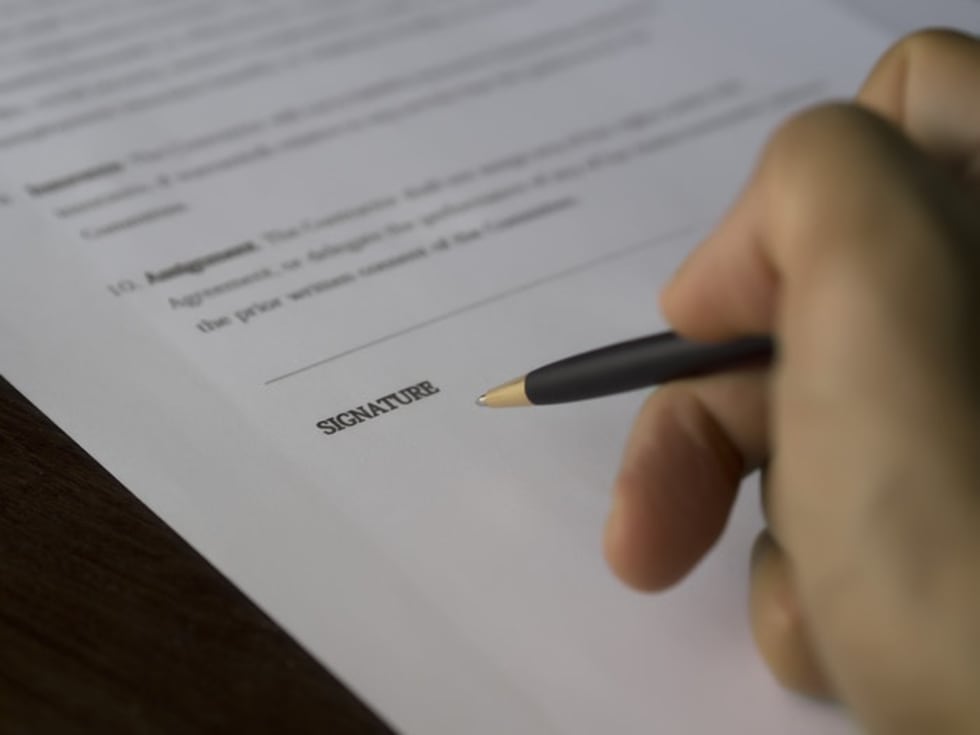
Once you’ve decided to move, re-read your lease. Follow the proper procedure for notifying your landlord of your move. Landlords generally require written notice 30 days or 60 days prior to your move. If you don’t follow the proper procedure, you may end up paying an extra month’s rent. Also read any sections of the lease regarding the return of your security deposit, how damages are handled and optional or required cleaning fees.
2. Hire Movers (or Recruit Friends)
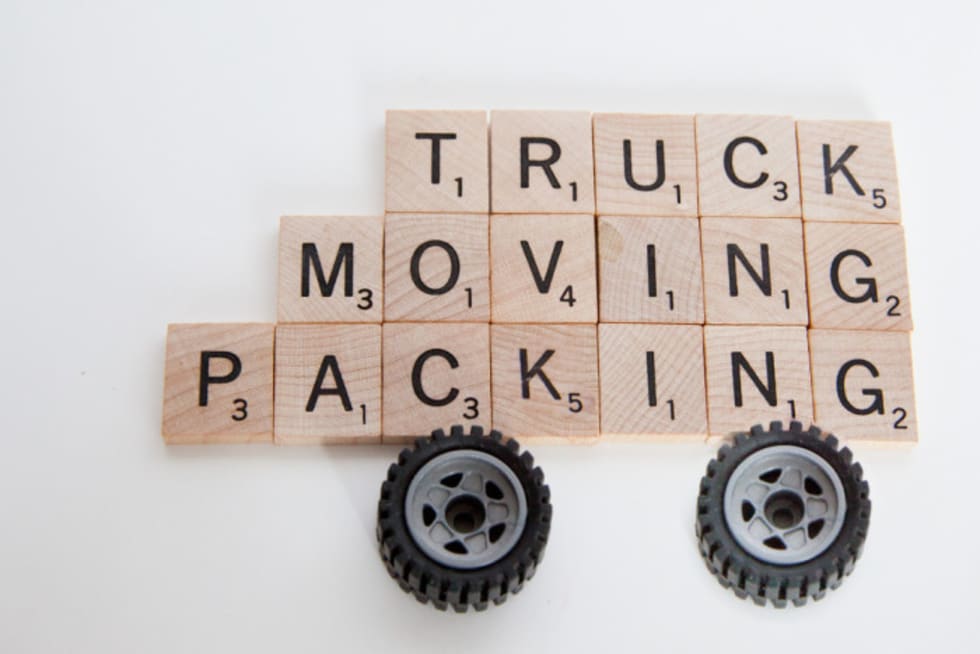
Hire movers about a month in advance of your move. If you’re trying to stay on a tight budget, make sure to call multiple moving companies to ensure you get the best price. Before reserving movers, read online reviews to make sure you’re hiring a reputable company. If you’re overwhelmed by the move and willing to shell out a bit more money, you can hire packers as well.
For local moves, companies charge by the hour. Expect to pay around $100 to $200 an hour for both movers and a truck. Make sure to have everything packed before the movers arrive so you don’t end up paying for extra hours.
For longer-distance moves (usually 100+ miles) companies charge by distance and weight. The average cost of moving a 1-bedroom apartment or house is $900-$1,200, based on an average distance of 1,000 miles. Renters with less furniture or moving shorter distances should expect to spend significantly less than this estimate. Check out
If you don’t need full-service movers, consider using a moveable storage unit, sometimes called a “pod” or “cube.” You’re responsible for loading and unloading the vessel yourself, but the company will take care of the transportation. You can also use it as storage, if you have some time between moves.
Not planning on hiring movers? Make sure to ask friends to help you move a few weeks in advance to ensure they save the date. Don’t forget to thank your friends with pizza, beer and maybe even a gift certificate for a massage. If you need a truck, make sure to reserve one at least two weeks in advance. Trucks can be rented for around $30 to $40 plus a per-mile fee of under $1/mile.
3. Sell or Donate Your Belongings

Moving is the perfect excuse to purge the clothes you never wear, donate the bookshelf you never liked and eat all the leftovers in your freezer. If you’re planning on selling your belongings, list them online a month before your move to ensure you receive the best offers possible.
Make sure to clean your closet before you begin packing your clothes. If you haven’t worn an item in the past year, donate it to charity or give it to a friend. You can also donate books, furniture and kitchen supplies. Donating heavy items, like a table or desk? Some charities pick up the items you want to donate.
Not going to finish all your food? Consider donating sealed pantry staples, such as canned beans and vegetables, pasta, peanut butter and cake mix, to a food bank. You’ll have less to lug to the new place, and you’re helping those in need in your community.
4. Purchase Moving Supplies
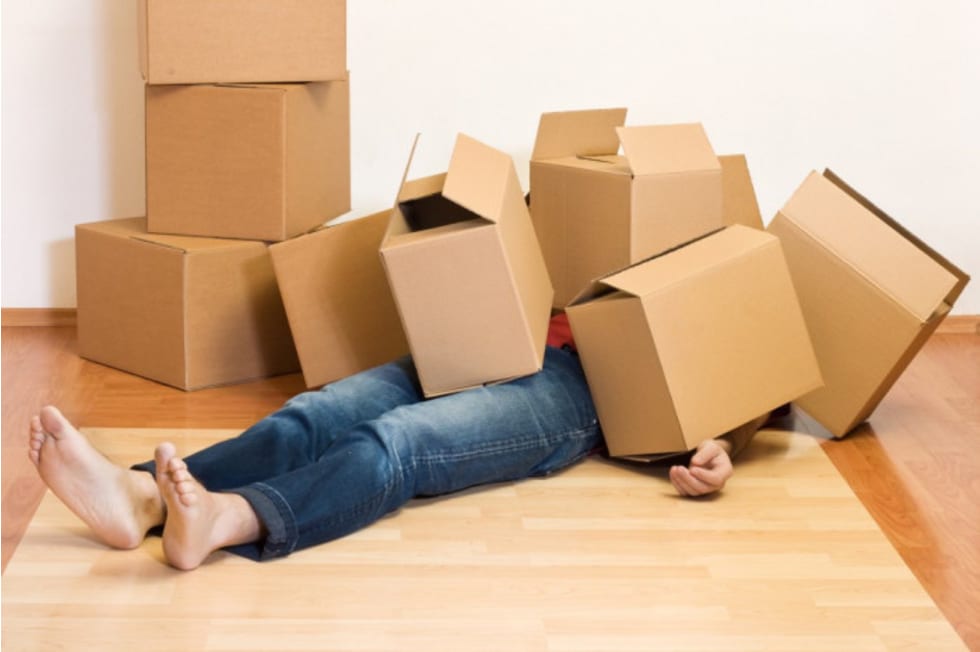
Before you start packing, make sure you purchase the essentials: boxes in various sizes, packing tape, box cutters, packing paper or bubble wrap and a permanent marker. A tool kit may also be necessary to take apart furniture. To save money on moving supplies, we recommend using old newspapers as packing paper for breakable items, such as plates and vases. You can purchase boxes from your moving company or a moving supply store, or you may be able to get free boxes from your local grocery or liquor store (or from a friend who moved recently). Just make sure to test how sturdy any donated boxes are before filling them with heavy items.
5. Pack
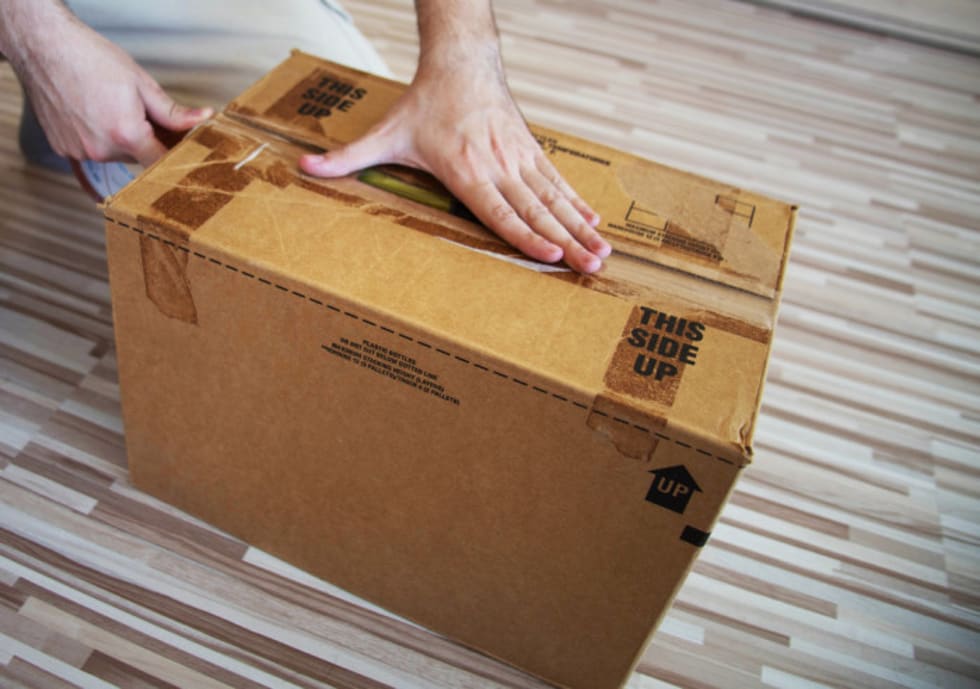
Packing can seem overwhelming, but, if you start early, it will be a breeze. We recommend beginning your packing process at least two weeks in advance. Packing just one box a day will make those final pre-move days a breeze. Start with packing decorations and books, followed by clothes and kitchen supplies you won’t need. Follow our best packing tips for an efficient move.
Apartment List’s Top 10 Packing Tips
Use smaller boxes for heavier items, such as plates, kitchen appliances and books, so they’re not too heavy to carry. Use bigger boxes for lighter items, such as clothes, tupperware and bedding.
Pack plates vertically instead of laying them flat in the box. They’ll be much less likely to break.
Get creative with protective materials. In addition to wrapping places with newspaper, use socks to protect glassware and wrap blankets around furniture.
Cover open toiletries and food with saran wrap under the lid. The last thing you’ll want when you’re unpacking is BBQ sauce spilling out of your boxes.
Label your boxes. You’ll thank yourself when you’re at your new apartment desperately searching for a cutting board or your favorite dress shoes.
Hate folding clothes? Leave your clothes in your dresser and seal your drawers with press-and-seal to keep your clothes in place.
Take pictures of electronics before taking them apart, so you know where to plug in all the different cords when you set them up in your new apartment.
Make sure you are completely packed before your movers or friends show up to help. Put all packed boxes in one area to speed up the moving process, especially if your movers charge by the hour.
Pack your hangers in a readily-available box. You won’t want to unpack every box to find hangers for the clothes you want to wear over the next few days.
Leave cleaning supplies somewhere accessible. You’ll want to clean your old apartment after moving out or clean the new apartment before moving in.
Don’t forget to leave your necessities and clothes for the first few days somewhere easy to access, for example, in a suitcase or clear plastic box. In addition to clothes and toiletries, pack any essential paperwork, electronics, snacks and chargers in this box. Also, make sure to keep toilet paper somewhere accessible (just trust us on this one).
6. Transfer Accounts
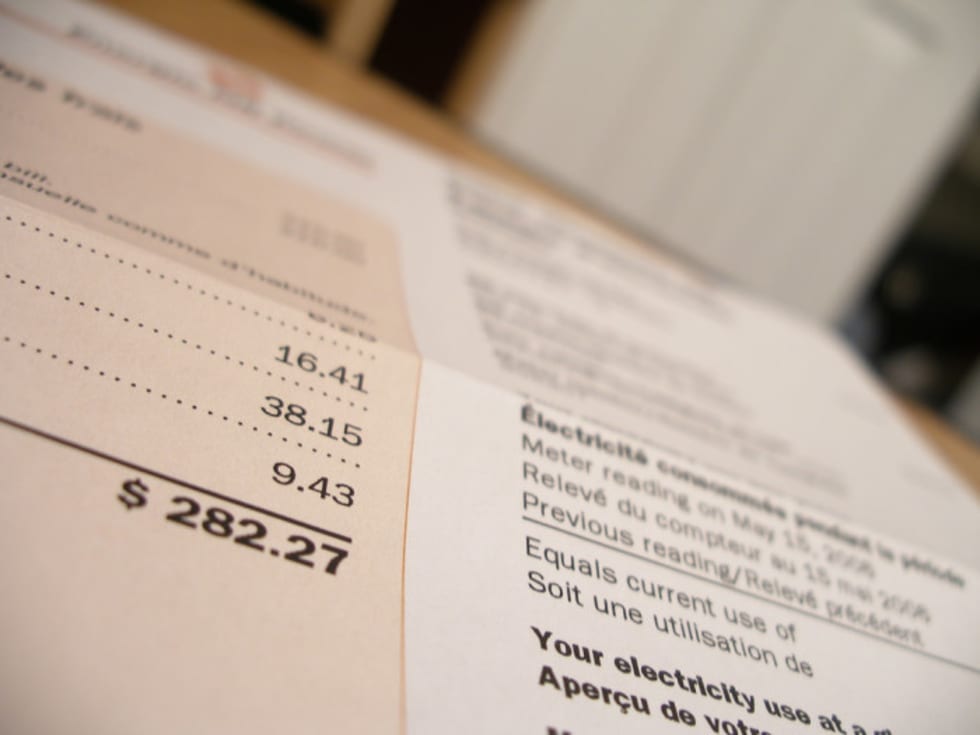
Moving involves a lot more than just packing. Don’t forget to transfer your utilities and renter’s insurance to your new apartment. Forward your mail with the U.S. Postal Service, at least one week before your move to ensure mail and bills don’t get lost. After you’re settled into your new apartment, make sure to update your billing address on your credit/debit cards, car registration and driver’s license.
Moving Day
The big day is here! If you’ve properly prepared, moving day shouldn’t be too stressful. Make sure to withdraw cash to pay and tip your movers or buy pizza and beer for your helpful friends.
7. Clean
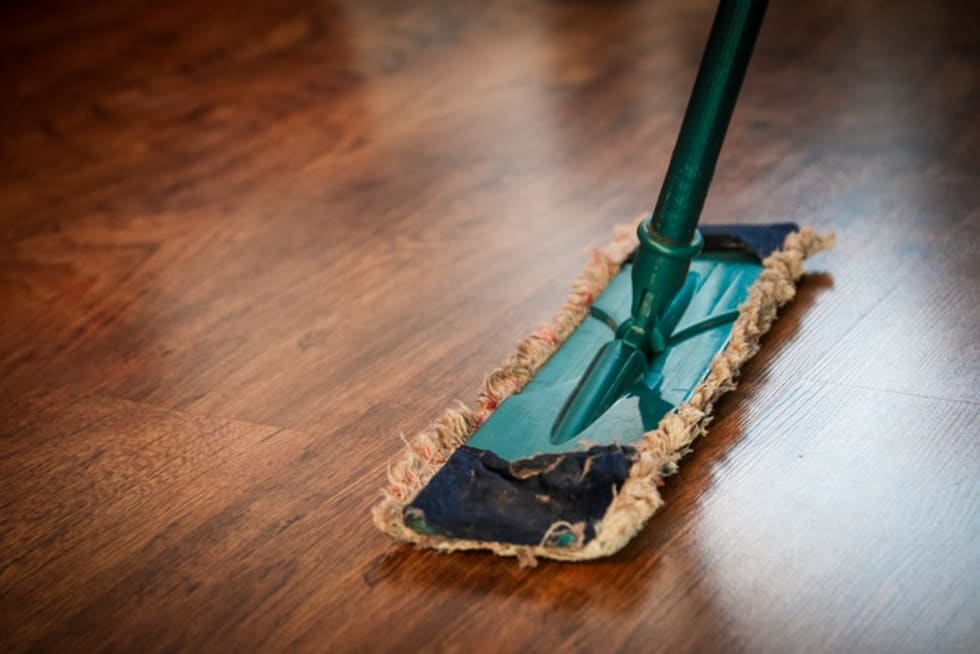
Some leases charge a fixed cleaning fee, in which case you may not need to clean. If your apartment doesn’t hire cleaners, consider hiring a professional yourself. Even if you’re hiring cleaners, make sure to remove all belongings and trash from the apartment and remove any nails, hooks and screws from the walls. You can fill in any holes with putty.
It will be easier to clean your apartment after all your belongings are out. If you’re not hiring cleaners make sure to:
Clean wall stains and scuff marks with a Magic Eraser
Wash the windows and mirrors using a glass cleaner
Wipe down the outside of all cabinets and appliances, and wipe the shelves inside the cabinets
Empty and defrost the refrigerator before cleaning the interior. Remove and clean shelves and drawers and wipe down the inside of the fridge.
Dust all surfaces including cabinets, vents and window sills
Sweep, mop and vacuum the floors
Clean all sinks, toilets and showers
Take out the trash
Read the move out cleaning list from your landlord for any other required tasks
Hopefully, your new apartment is clean when you arrive, but, if not, clean it before unloading your boxes. It will be much easier to clean an empty house.
8. Take Pictures

Make sure to take pictures of your old place before moving out and your new place before moving in. Having photo evidence will prevent you from being charged for damages created after you moved out (and can prove the clean condition you left the apartment in). In your new apartment, take photos or a video to record any pre-existing damages. Report any issues to your new landlord immediately, even if you don’t want the damages fixed. Photo evidence is key to ensure you get your security deposit back.
9. Unpack What You Need First

Moving is exhausting, and you probably won’t unpack all your boxes during the first day (or week). Prioritize your unpacking. Start by making your bed, so you can get some sleep after the long day of moving. You’ll also want to unpack toiletries, towels and the clothes you picked out for the next few days. After unpacking the essentials, we recommend moving on to the kitchen, so you’ll be able to cook over the next few days. Don’t feel bad ordering take-out after your move. We’re all too tired to cook after all that packing and unpacking! Plus, you’ll be able to explore the restaurants in your new neighborhood.
Settling In
10. Meet Your Neighbors
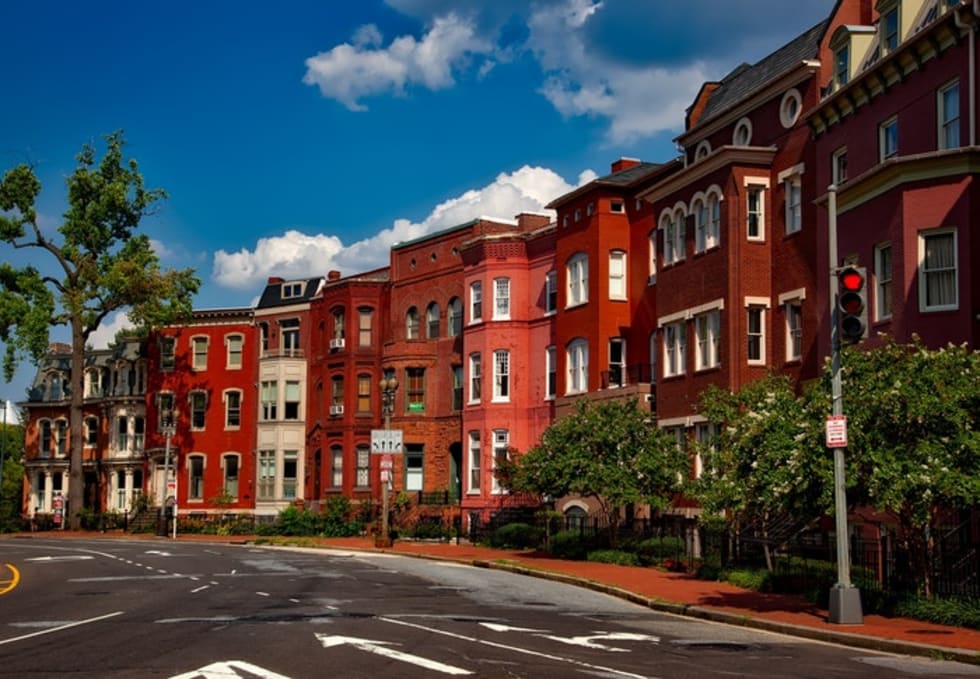
Once you’ve unpacked a little and settled in, make sure to introduce yourself to your neighbors in nearby apartments or houses. Moving is a great opportunity to make new friends and learn more about your new neighborhood. Plus, your neighbors will know all the hidden gems in the area, from restaurants to bars and coffee shops.
11. Decorate
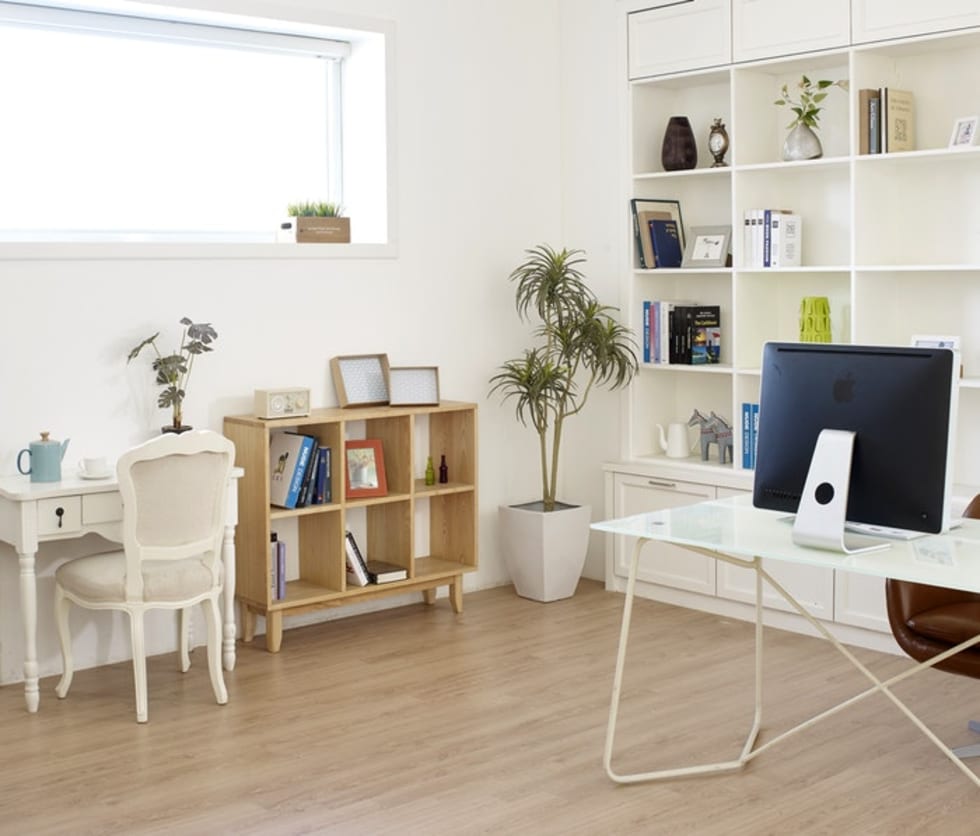
Decorating will make your new apartment feel like home. Your landlord may not want you to paint the walls or replace the cabinets, but that doesn’t mean you can’t ensure your apartment matches your personal style. Try these DIY projects to spruce up your apartment without spending too much.
12. Throw a Housewarming Party

Once you’re unpacked and settled, throw a housewarming party to show off your new digs. Use your housewarming party as a time to catch-up with friends and get to know your neighbors. Keep the food and drinks simple, for example, with self-serve drinks and snacks, so you have time to mingle with your guests and give tours of your new digs.
Moving can be hard work but, once you’re settled into that new apartment, it’s all worth it.
Share this Article


